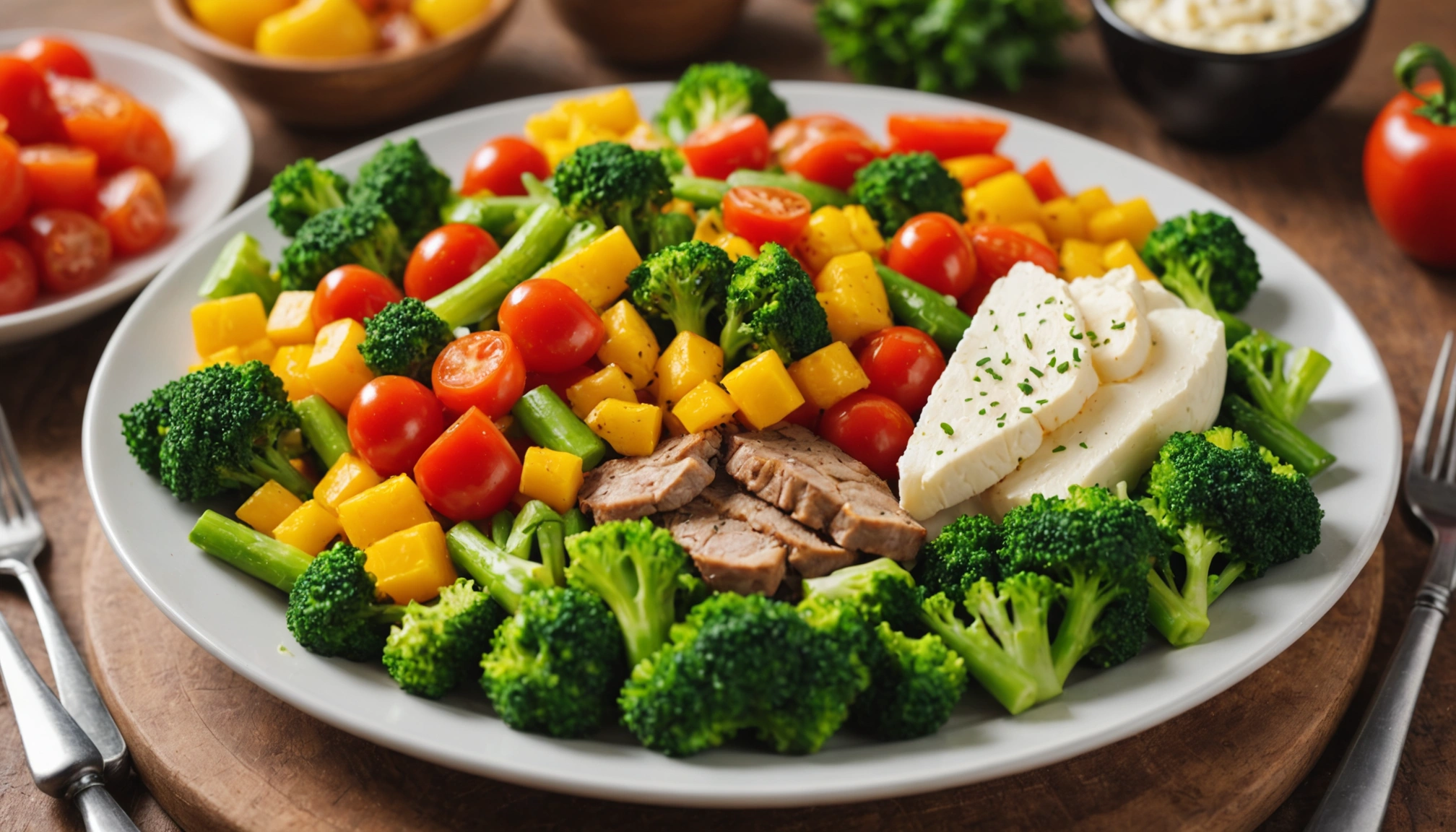You Are What You Eat: The Science Behind Optimal Nutrition for Enhancing Athletic Performance
- whitney starrs
- May 7, 2023
- 3 min read
When it comes to athletic performance, the saying "You are what you eat" rings true. For athletes, optimal nutrition is crucial for fueling their bodies to reach peak performance. The right foods can enhance endurance, strength, and recovery.
Let's explore the vital relationship between nutrition and athletic performance, showing how athletes can harness the power of food to maximize their potential.
Understanding Nutritional Needs for Athletes
Athletes have unique nutritional needs that set them apart from the general population. Due to the intensity of their training and the demands of their sports, they require more calories, macronutrients, and micronutrients.
Macronutrients: The Building Blocks of Performance
Carbohydrates: This is the main energy source for athletes. For example, runners performing high-intensity workouts may need around 5-7 grams of carbohydrates per kilogram of body weight each day. Consuming adequate carbohydrates replenishes glycogen stores, essential for endurance during prolonged physical activity.
Proteins: Vital for muscle repair and growth, protein is essential for athletes, especially post-exercise. Studies show that consuming 1.2 to 2.0 grams of protein per kilogram of body weight can significantly aid recovery and muscle synthesis after workouts.
Fats: Healthy fats are crucial for hormone production and energy, especially during prolonged, lower-intensity activities. Incorporating sources like avocados, nuts, and olive oil can fulfill these energy needs while supporting overall health.
Balancing these macronutrients is essential for anyone looking to improve athletic performance through diet.
Micronutrients: The Unsung Heroes
While macronutrients deliver visible energy, micronutrients also play critical roles in health and performance. Vitamins and minerals such as iron, calcium, magnesium, and vitamins C and D contribute to energy production, bone health, and immune support. For instance, iron enhances oxygen transport in the blood, with athletes needing about 30% more iron than non-athletes.
The Importance of Hydration
Hydration is often overlooked yet vital for optimal performance. Studies show that even a 2% loss in body weight from dehydration can impair performance. Athletes should aim to drink water consistently throughout the day and consider electrolyte-rich drinks during long training sessions or competitions.
Timing: When to Eat for Optimal Performance
The timing of nutrient intake plays a significant role in performance. Eating a balanced meal or snack before and after workouts can significantly impact energy levels and recovery.
Pre-Workout Nutrition
Consuming a meal rich in carbohydrates and protein 2-4 hours before exercise can enhance energy levels. Quick-digesting carbs, such as bananas, provide immediate fuel, while Greek yogurt adds necessary protein.
Post-Workout Recovery
After intense workouts, the body needs to replenish glycogen and repair muscle. Consuming a mix of protein and carbohydrates within 30 minutes can greatly improve recovery. A smoothie made with protein powder, fruit, and leafy greens is a convenient option for effective post-workout nutrition.
Special Considerations for Different Types of Sports
Different sports necessitate distinct nutritional strategies. Endurance athletes often need higher carbohydrate intake, whereas strength athletes may focus more on protein for muscle growth and recovery.
Nutrition for Endurance Athletes


Endurance athletes, like long-distance runners or cyclists, should prioritize higher carbohydrate consumption to sustain energy. For example, incorporating fruits, whole grains, and energy gels during training helps maintain energy levels and performance during races.
Nutrition for Strength and Power Athletes
Strength-focused athletes, such as weightlifters, require sufficient protein for muscle synthesis, typically around 1.6 to 2.2 grams per kilogram of body weight. Meals packed with protein and complex carbohydrates can support intense training and recovery.
Listening to Your Body: Personalizing Nutrition Plans
Every athlete's body responds differently to specific foods. Listening to one's body and adjusting dietary choices is crucial for optimizing performance and recovery.
Keeping a Food Journal
Maintaining a detailed food journal allows athletes to identify which foods help them feel their best and optimize performance. By tracking meals and their impact on energy levels and recovery, athletes can continuously refine their nutrition strategy. Working with a health and nutrition coach can help with food knowledge and accountability. I like to combine written lists or a journal when needed along with a tracking app in initial programs to get more nutritonal understanding.
The Role of Supplements
While whole foods should be the primary source of nutrients, some athletes might consider supplements to meet specific needs. Before starting any supplement regimen, consulting with a nutritionist or healthcare professional is recommended. It is vital to ensure that supplements do not interfere with performance or violate sports regulations.
Maximizing Potential Through Nutrition
The connection between nutrition and athletic performance is essential. By understanding the roles of macronutrients and micronutrients, optimizing hydration, and tailoring food intake timing, athletes can enhance performance and recovery significantly.
Taking the time to develop and implement an effective nutrition plan can be a game changer for athletes aiming to elevate their performance. Nutrition is more than just fuel; it is the foundation that supports athletes in achieving their goals and unlocking their full potential.
Eat for Your Health!
Xo,
Whit












Comments